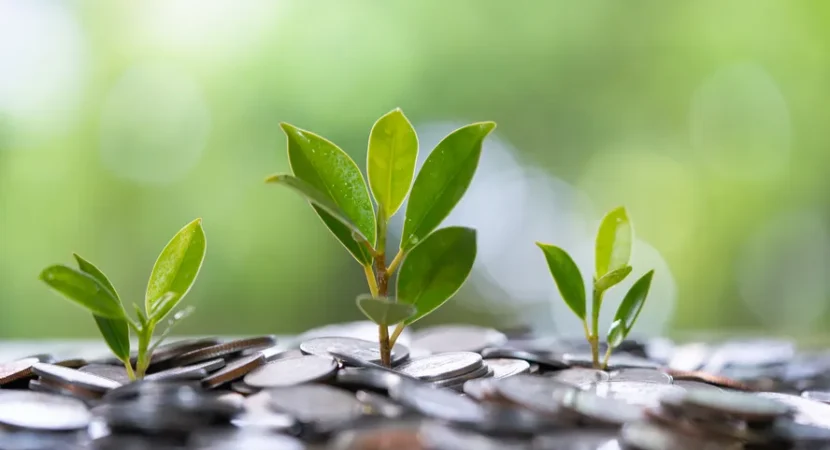
Gaps in the carbon market bill worry experts
The recent regulation of the Carbon Market in Brazil, a significant milestone in the fight against greenhouse gas emissions, presents important gaps. Experts warn of the need for adjustments, especially with regard to the exclusion of the agricultural sector and the lack of measures to compensate for deforestation. This scenario limits the effectiveness of legislation and minimizes its real environmental impact.
The trajectory of bill 412/2022
Bill 412/2022, approved by the Senate Environment Committee and currently under discussion in the Chamber of Deputies, establishes the Brazilian Emissions Trading System (SBCE). However, it does not include companies in the agricultural sector, and does not offer solutions to compensate for the reduction in deforestation. The proposal, which initially did not define specific sectors, was changed to exclude agriculture, leaving aside a vital sector for environmental issues in Brazil.
Deforestation and agriculture: major emitters ignored
Changes in land use and cover, such as deforestation and forest degradation, together with emissions from agriculture, represent around 73% of Brazil's total emissions, according to the Greenhouse Gas Emissions and Removals Estimation System (SEEG). ). These aspects have been the main contributors to the increase in emissions since 2019. The current project does not adequately address these issues, leaving out a significant portion of national emissions.
Gabriela Savian, deputy director of Public Policies at the Amazon Environmental Research Institute (IPAM), emphasizes the importance of including compensation measures for the maintenance and removal of greenhouse gases through forest conservation and restoration, as well as strengthening public policies Brazilian companies in this sector.
REDD+ and the importance of forest preservation
REDD+ (Reducing Emissions from Deforestation and Forest Degradation), a mechanism recognized by the UN Climate Convention, is fundamental for compensating forest conservation efforts. The inclusion of activities related to the conservation and sustainable management of forests in developing countries in REDD+ is crucial to the global climate agenda. The recent regulation of the Paris Agreement contemplates the incorporation of carbon credits originating from REDD+ into the carbon market.
REDD+ jurisdictional systems and the valorization of forests
The REDD+ jurisdictional systems in the Legal Amazon states demonstrate the effectiveness of the regional approach in generating high-integrity carbon credits. These systems allow for socio-environmental safeguards and encourage low-carbon economy practices, such as sustainable agriculture and forestry management. IPAM has been actively involved in providing technical and strategic advice for these systems.
The Tropical Forest Credit Integrity Guide (TFCI) guides companies in acquiring forest carbon credits, emphasizing the importance of credits with high socio-environmental integrity. This guideline is essential to ensure that carbon credits complement, and do not replace, companies' decarbonization efforts.
Encouraging conservation within rural properties
Projects such as Conserv, which compensate rural producers in the Legal Amazon for conserving native vegetation, are examples of how environmental preservation can be encouraged and rewarded. These initiatives not only reduce emissions from deforestation and agricultural production, but also increase rural productivity and provide an additional source of income for responsible producers.
The Conserv program has already prevented the emission of 2,2 million tons of CO₂ and protected more than 20 thousand hectares of native vegetation. The participation of 23 producers in the project is a testimony to the potential of such initiatives to reduce and regulate Brazilian emissions.
Source: IPAM Communication.












